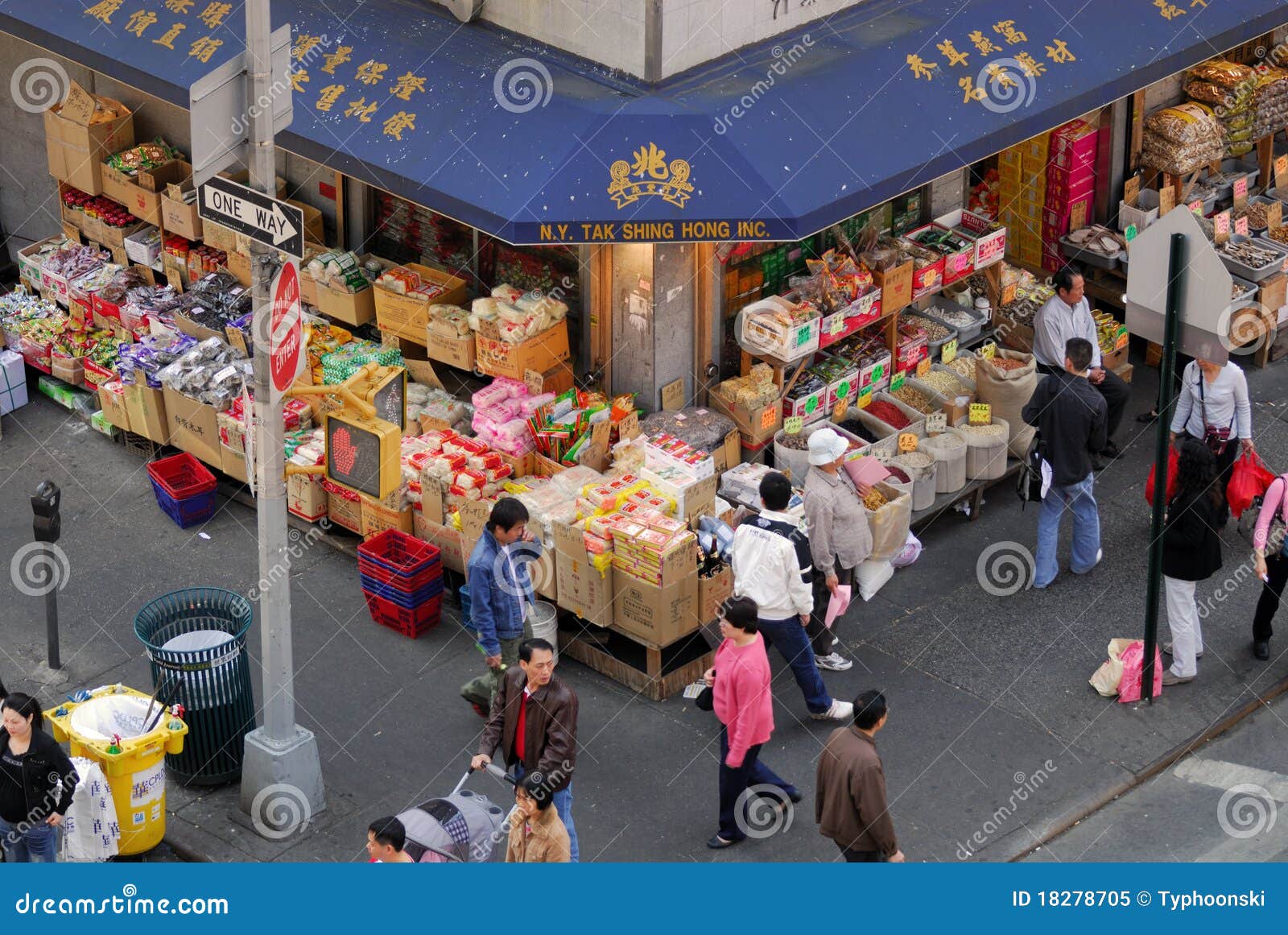Asian Food Shop: The Heart Of Flavorful Experiences And Diverse Customer Connections
When you step into an Asian food shop, it’s like diving into a world of culinary magic. These vibrant stores are more than just places to buy groceries—they’re gateways to flavors, traditions, and cultures from across Asia. Imagine walking past aisles filled with aromatic spices, exotic sauces, fresh produce, and imported snacks from countries like Japan, Korea, Thailand, and Vietnam. It’s a feast for the senses!
Asian food shops have become essential hubs for food enthusiasts, expats craving a taste of home, and adventurous eaters who want to explore new cuisines. They’re not just about selling products but also about creating connections with a diverse range of customers. Whether you’re looking for a specific ingredient for your favorite dish or simply curious about trying something new, these shops cater to everyone.
So, what exactly does an Asian food shop do? How do they serve such a wide variety of customers? Let’s dive into this culinary adventure and uncover the secrets behind these vibrant stores. Get ready for some serious food inspiration!
Read also:Ally Lotti Leaks The Truth Behind The Controversy And What You Need To Know
Table of Contents
- What is an Asian Food Shop?
- Types of Products in an Asian Food Shop
- Who Are the Customers?
- Why Are Asian Food Shops Important?
- Benefits of Shopping at an Asian Food Shop
- Challenges Facing Asian Food Shops
- Trends in Asian Food Retail
- Tips for First-Time Shoppers
- The Future of Asian Food Shops
- Conclusion
What is an Asian Food Shop?
An Asian food shop is like a treasure chest full of goodies from different Asian countries. These stores specialize in offering ingredients, snacks, and ready-to-eat meals that reflect the rich diversity of Asian cuisine. They’re stocked with everything from fresh produce like bok choy and galangal to pantry staples like soy sauce and rice noodles. Some even carry ready-made dishes for those days when you just don’t feel like cooking.
But here’s the thing—an Asian food shop isn’t just about selling food. It’s about bringing people together through shared experiences. For many expats, these shops are a lifeline to their homeland. For food lovers, they’re a playground of discovery. And for curious locals, they’re a chance to expand their culinary horizons.
More Than Just Groceries
Asian food shops often go beyond groceries by hosting cooking classes, offering recipe suggestions, and even creating community spaces. They become a hub where people can connect over a love for food. Whether you’re learning how to make sushi rolls or discussing the best way to cook kimchi, these shops foster a sense of belonging.
Types of Products in an Asian Food Shop
Now let’s talk about the star of the show—the products! Asian food shops are packed with goodies that cater to a wide range of tastes. From pantry staples to exotic snacks, there’s something for everyone. Here’s a breakdown of what you can expect to find:
- Fresh Produce: Think fresh herbs like lemongrass and kaffir lime leaves, exotic fruits like lychees and rambutan, and vegetables like bitter melon and taro.
- Pantry Staples: Rice, noodles, soy sauce, fish sauce, curry paste, and miso are just a few examples of the essential ingredients you’ll find.
- Snacks: Who doesn’t love a good snack? Asian food shops are filled with treats like Pocky sticks, mochi, and spicy ramen cups.
- Ready-to-Eat Meals: For those busy days, you can grab pre-made dishes like dumplings, spring rolls, or even bento boxes.
- Teas and Beverages: From matcha powder to bubble tea mixes, these shops have all your drink needs covered.
Specialty Items
One of the coolest things about Asian food shops is their selection of specialty items. You might stumble upon rare ingredients that are hard to find elsewhere. For example, you could discover authentic Japanese wasabi or Korean gochujang that adds a unique twist to your recipes.
Who Are the Customers?
The beauty of an Asian food shop lies in its ability to attract a diverse customer base. Let’s break it down into different groups:
Read also:Alysha Acosta Rising Star In The Spotlight
Expats and Immigrants
For expats and immigrants, these shops are a comfort zone. They provide access to familiar products that remind them of home. Whether it’s a jar of curry paste from India or a pack of instant noodles from Thailand, these items help bridge the gap between their past and present lives.
Food Enthusiasts
Then there are the food enthusiasts who are always on the lookout for new flavors and recipes. These customers love experimenting with different ingredients and techniques. They might not be familiar with all the products, but they’re eager to learn and try new things.
Curious Locals
And finally, there are the curious locals who want to explore Asian cuisines. They might be inspired by a TV show, a restaurant experience, or a friend’s recommendation. These customers are often thrilled to discover new ingredients and recipes that they can incorporate into their daily meals.
Why Are Asian Food Shops Important?
Asian food shops play a crucial role in preserving cultural heritage and promoting diversity. They offer a platform for traditional products and recipes to shine in a globalized world. By providing access to authentic ingredients, they help maintain the integrity of Asian cuisines.
Moreover, these shops contribute to the local economy by supporting small businesses and creating jobs. Many of them are family-owned and operated, adding a personal touch to the shopping experience.
Cultural Exchange
Asian food shops also serve as a bridge for cultural exchange. They allow people from different backgrounds to learn about and appreciate each other’s traditions. Whether it’s through a cooking class or a simple conversation with the shopkeeper, these interactions foster understanding and respect.
Benefits of Shopping at an Asian Food Shop
Shopping at an Asian food shop comes with a host of benefits. First and foremost, you get access to high-quality products that are often fresher and more authentic than what you’d find in a regular supermarket. Plus, you’re supporting small businesses and contributing to the local economy.
Another advantage is the sense of community that these shops create. You’ll often find friendly staff who are more than happy to help you with your purchases. They might even share some tips and tricks for using certain ingredients.
Price and Value
Many Asian food shops offer competitive prices, especially for bulk purchases. You can stock up on pantry staples at a fraction of the cost compared to mainstream grocery stores. And let’s not forget the value of discovering new and exciting products that you wouldn’t find elsewhere.
Challenges Facing Asian Food Shops
Despite their many advantages, Asian food shops face several challenges. One of the biggest hurdles is competition from online retailers. With the rise of e-commerce, customers have more options than ever before. This means that brick-and-mortar stores need to find ways to stay relevant and attract customers.
Another challenge is maintaining authenticity while catering to a broader audience. As more people become interested in Asian cuisines, there’s a risk of diluting the original flavors and techniques. Shops need to strike a balance between innovation and tradition.
Supply Chain Issues
Supply chain disruptions can also pose a problem for these shops. Importing products from Asia can be tricky, especially when dealing with perishable goods. This requires careful planning and coordination to ensure that customers always have access to fresh and high-quality items.
Trends in Asian Food Retail
The Asian food retail industry is constantly evolving to meet the changing needs of customers. One of the latest trends is the focus on sustainability and eco-friendly practices. Many shops are now using biodegradable packaging and encouraging customers to bring their own containers.
Another trend is the integration of technology. Some shops are adopting mobile apps and online platforms to make shopping more convenient. This allows customers to browse products, place orders, and even learn about recipes from the comfort of their own homes.
Health and Wellness
Health and wellness have also become important factors in the Asian food retail landscape. Customers are increasingly looking for products that are organic, gluten-free, or low in sugar. Shops are responding by stocking more of these options and providing clear labeling to help customers make informed choices.
Tips for First-Time Shoppers
If you’re new to shopping at an Asian food shop, here are a few tips to help you get started:
- Ask Questions: Don’t be afraid to ask the staff for recommendations or explanations. They’re usually very knowledgeable and happy to help.
- Start Small: If you’re unfamiliar with certain ingredients, start with small quantities until you’re comfortable using them.
- Experiment: Be open to trying new things. You might discover a new favorite ingredient or recipe!
- Check Labels: Pay attention to labels, especially if you have dietary restrictions or allergies.
Embrace the Experience
Shopping at an Asian food shop is more than just buying groceries—it’s an experience. Take your time to explore the aisles, engage with the staff, and soak in the vibrant atmosphere. You never know what treasures you might find!
The Future of Asian Food Shops
Looking ahead, the future of Asian food shops looks bright. With increasing global interest in Asian cuisines, these shops are poised to grow and expand. We can expect to see more innovation in terms of product offerings, technology integration, and sustainability practices.
Additionally, the rise of food tourism and cultural exchange programs will likely boost the popularity of these shops. As more people seek authentic experiences, Asian food shops will continue to be a go-to destination for culinary adventures.
Staying Relevant
To stay relevant, Asian food shops need to adapt to changing consumer preferences. This means embracing new technologies, offering personalized services, and staying true to their cultural roots. By doing so, they can continue to thrive in an ever-evolving market.
Conclusion
In conclusion, Asian food shops are much more than just places to buy groceries. They’re vibrant hubs that bring people together through shared experiences and a love for food. Whether you’re an expat, a food enthusiast, or a curious local, there’s something for everyone in these stores.
By offering a wide range of products, fostering community connections, and promoting cultural exchange, Asian food shops play a vital role in our society. They provide access to authentic ingredients, support small businesses, and contribute to the local economy.
So next time you’re craving a taste of Asia, head to your nearest Asian food shop and explore the world of flavors waiting for you. And don’t forget to share your discoveries with friends and family. After all, food is best enjoyed when shared!
What are you waiting for? Grab your shopping list and dive into the culinary adventure of a lifetime!


